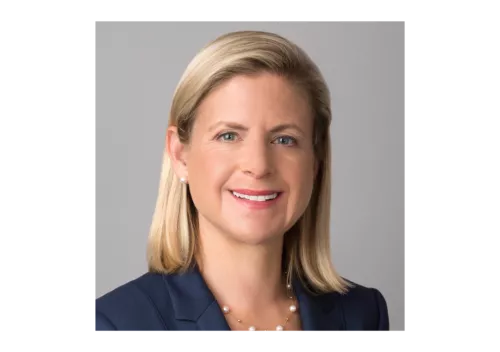Derivatives markets regulator has only two members of five-person commission
One of the two top regulators at the Commodity Futures Trading Commission (CFTC) has announced she is leaving the agency – a move likely to lead to greater uncertainty for firms that trade derivatives and the companies that use them to hedge risk.
Commissioner Sharon Bowen told attendees at a meeting of the CFTC’s market risk advisory committee yesterday that she intends to step down ‘within the next few months’ or possibly earlier if the Senate confirms a successor. It is unclear when her seat on the commission – and three other empty spots – will be filled and what approach the incoming commissioners will take to the regulatory program of an agency that has gained more influence and a higher profile through post-financial crisis reforms.
The reason for Bowen’s departure is the lack of a full leadership team, she said. ‘[S]ince the departure of former chairman [Timothy] Massad, the work of this agency has been hampered by having only a two-person commission when we should be a five-person commission.’ The CFTC has not had a full set of leaders since the departure of commission member Scott O’Malia in August 2014, she noted. At present, only Bowen and acting chair J Christopher Giancarlo sit on the panel.
‘Having just two commissioners makes routine business difficult, but makes important policy decisions almost impossible,’ Bowen said. ‘Without a full complement of commissioners to consider the far-reaching implications of our decisions, we are frozen in place while the markets we regulate are moving faster every day. This fact is intolerable to me.
‘I came here to protect investors, by supporting prudent collateralization, promoting robust transparency and ensuring vigorous enforcement in the derivatives markets, and I intend to continue to do all in my power to reach that goal. My hope is thus that by leaving early, I can inspire the key decision-makers to confirm four nominees as soon as possible.’
Bowen has been supportive of many regulatory reforms implemented by the CFTC. Last September, for example, she called for the agency to prioritize the completion of two rule proposals on algorithmic trading and cyber-security, despite the fact that neither was required by the Dodd-Frank Act. ‘I believe these non-required rulemakings are just as imperative to fostering confidence and security within the market as the required ones,’ she said at the time.









